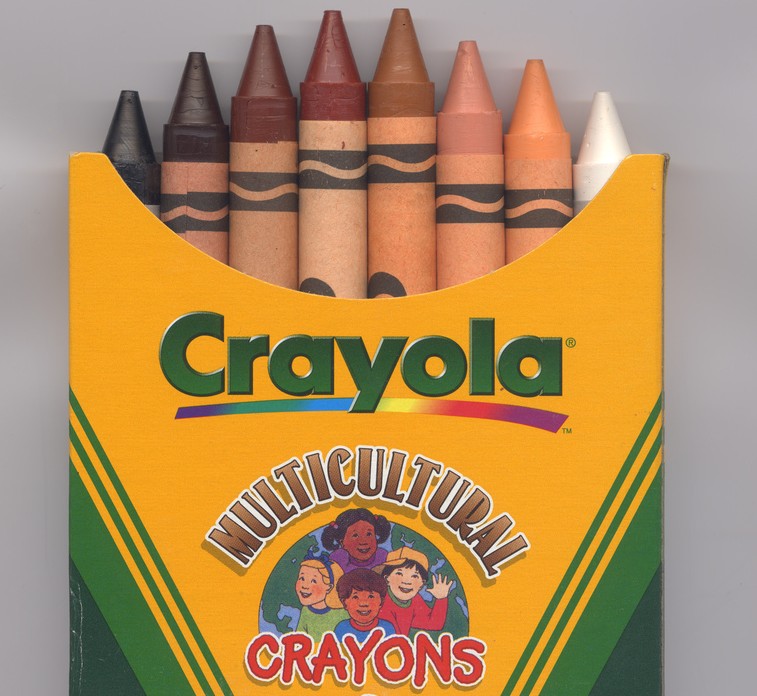Unquestioned Privilege

“What are you?” is a really weird question to ask someone, especially in the United States. As many times as I’ve been asked, I still find it a bit odd.
I want to answer with “a carbon-based life form,” or “a Skepchick writer,” or “someone who is pretty sick of this question.” Such an answer would be read as snark (which it sometimes can be).
Of course, the question usually means the person is interested in knowing the race of the person being questioned without actually saying the word “race,” considered by many to be a fighting word. Somehow, talking about race has become something to judge as racist in itself.
Race, as you might know, is not a biological thing.
“But I’m just curious!” the questioner cries. “I want to know more about you! I find such things to be interesting. I wish people would ask me about myself all the time!”
Let’s set aside the fact that the questioner isn’t letting me define myself by my own terms. That they want to be entertained by tales of my exotic-to-them experiences and family life. That they ask me things that they would never ask someone whom they take to be white. That they enjoy the privilege of walking around without being interrogated. That they expect me to be flattered by their untutored curiosity.
In their quest to ask about race without asking about race, most people get the questions dead wrong.
- “What are you?”
Some of us prefer not to define ourselves solely (or even primarily) based on our origins. This question is so vague as to practically beg a snarky response. - “What’s your nationality?”
If one were to look up the definition of the word “nationality,” it becomes clear that posing this question means asking someone about their citizenship, which is weird and offensive. What makes it worse is that when I answer the question with “American,” i.e. the answer to the actual question, I’m met with anger or eye-rolling accompanied by a “No no no, your nationality.” It isn’t other people’s job to interpret questions that use utterly incorrect terminology. - “Where are you from?”
Someone born and raised in the U.S. with non-European origins may consider themselves as “from” that place as an Anglo-American would consider themself “from” Germany/England/Scotland/etc. Personally, I’ve never even been to India, so saying I’m “from” there makes no sense at all. - “Where are you actually from?”
When I answer “California” to the previous question, this is the usual response. The question supposes that someone who isn’t white couldn’t truly be from the United States. Whatever happened to the “nation of immigrants” thing?
Those who are sincerely curious can learn to be more specific with their questions. “What is your ethnicity?”, while possibly annoying, at least isn’t a question that is trying so hard to ask about race without asking about race that it stops making sense. The same goes for “What are your ethnic origins?”, “What are your family origins?”, “What language is your name?”, or “Which culture is your name from?”
Nosiness is human nature, of course. I personally have had to learn to be patient with people who are, for some reason, fixated on the fact that I am a non-white American. After all, my experiences have been shaped by the fact that I’m the child of immigrants, that I am darker-skinned, that I have textured hair. The manner in which I am questioned, however, matters.

And occasionally, those who ask so much should ask themselves how much they would like it to have their identity incessantly held up for everyone’s scrutiny.
